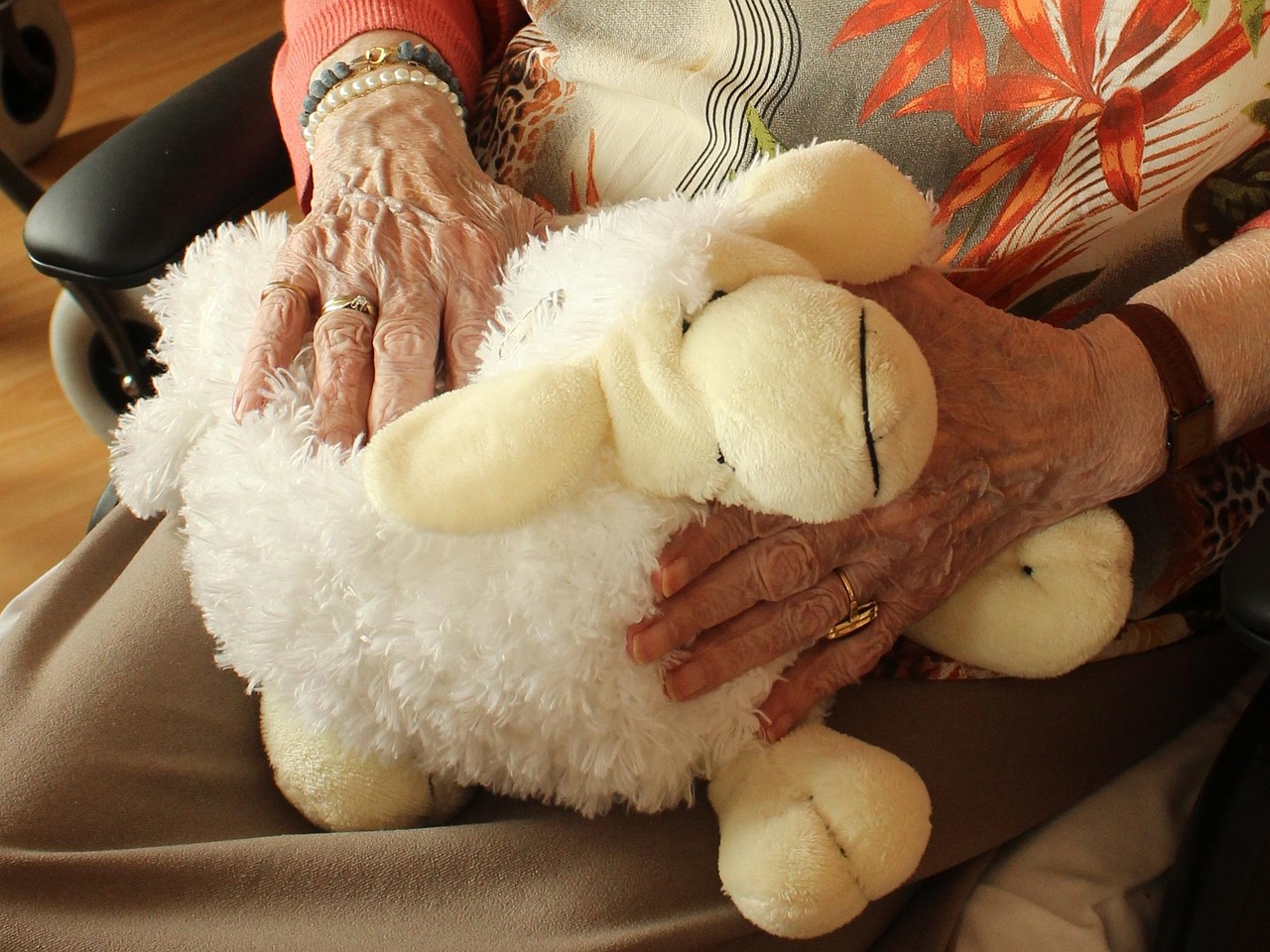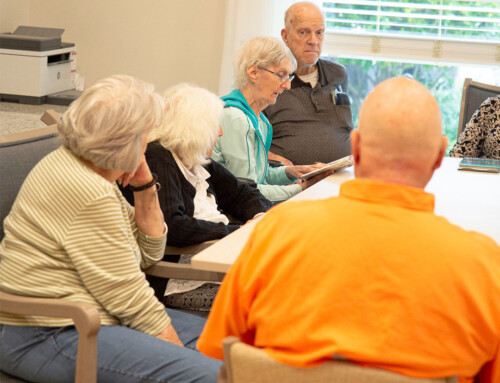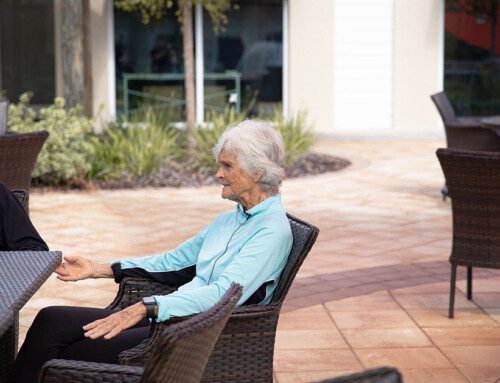Moving a loved one with dementia to a new living environment—whether it’s into a care facility, assisted living, or a new home—can be one of the most emotionally challenging transitions for both the individual and their family. This experience can trigger what is known as transfer trauma, or relocation stress syndrome, a cluster of symptoms that include confusion, anxiety, agitation, and depression. For someone with dementia, changes in routine and environment can be especially disorienting. However, with empathy and preparation, families can ease the transition and help their loved one feel safe and supported.
Understanding Transfer Trauma
Transfer trauma typically occurs when a person is moved from a familiar environment to a new one. For individuals with dementia, whose sense of stability is often rooted in routine and recognizable surroundings, this kind of disruption can be deeply unsettling. Symptoms may include increased confusion, wandering, refusal to eat, sleeplessness, tearfulness, and withdrawal. In severe cases, transfer trauma can even accelerate cognitive decline.
The good news is that the way the transition is handled can significantly impact how well your loved one adjusts.
Begin with Thoughtful Preparation
As with any significant change, preparation is key. Families can begin by involving their loved one in the decision-making process to the extent that they are able. Even if they cannot fully grasp the situation, speaking to them respectfully and involving them in discussions can help preserve their dignity and reduce feelings of helplessness.
Before the move, visit the new environment with your loved one if possible. Walk through the space together, meet the staff or caregivers, and point out features that are familiar or comforting. Bringing along photographs or keepsakes can also help create a bridge between the familiar and the new.
It’s also essential to time the move carefully. Avoid transitions during times of heightened stress or illness. If possible, coordinate with caregivers to ensure that the new setting is prepared and welcoming from the moment your loved one arrives.
Create a Sense of Continuity
Once the move has occurred, one of the most powerful tools for reducing transfer trauma is to replicate aspects of your loved one’s previous environment. Decorate their new space with familiar furniture, family photos, their favorite blanket, or treasured mementos. Consistency in daily routines—such as meal times, medication schedules, and bedtime rituals—can offer comfort and stability.
Familiar faces during the initial days are especially helpful. If allowed, have a trusted family member or caregiver stay with them for several hours a day to help with the adjustment. Hearing a familiar voice and seeing a known face can make the unfamiliar environment feel more secure.
Communicate Openly with Staff
If your loved one is moving into a care facility or assisted living community, building a strong relationship with the staff is vital. Share detailed information about your loved one’s routines, preferences, hobbies, and triggers. The more the caregivers know about who your loved one is as a person, not just as a patient, the more compassionate and individualized the care can be.
Ask about their policies on family visits, participation in activities, and how they support new residents with memory loss. Facilities that are trained in dementia care and specialize in person-centered approaches tend to produce better outcomes during transitions.
Offer Reassurance if Transfer Trauma Occurs
The effects of transfer trauma can last from a few days to several weeks. During this time, it’s important to be patient and understanding. Avoid correcting or arguing with your loved one if they express confusion or distress. Instead, offer gentle reassurance. Let them know that they are safe, loved, and not alone.
It’s also okay to seek professional support to help you if things get stressful.
A Banyan Residence Helps to Alleviate Transfer Trauma
While moving a loved one with dementia can never be completely stress-free, thoughtful planning and a compassionate approach can significantly reduce the emotional toll. At A Banyan Residence, we are happy to work with families to ease any transition, whether entering our facility for the first time, or moving along the continuity of care.








